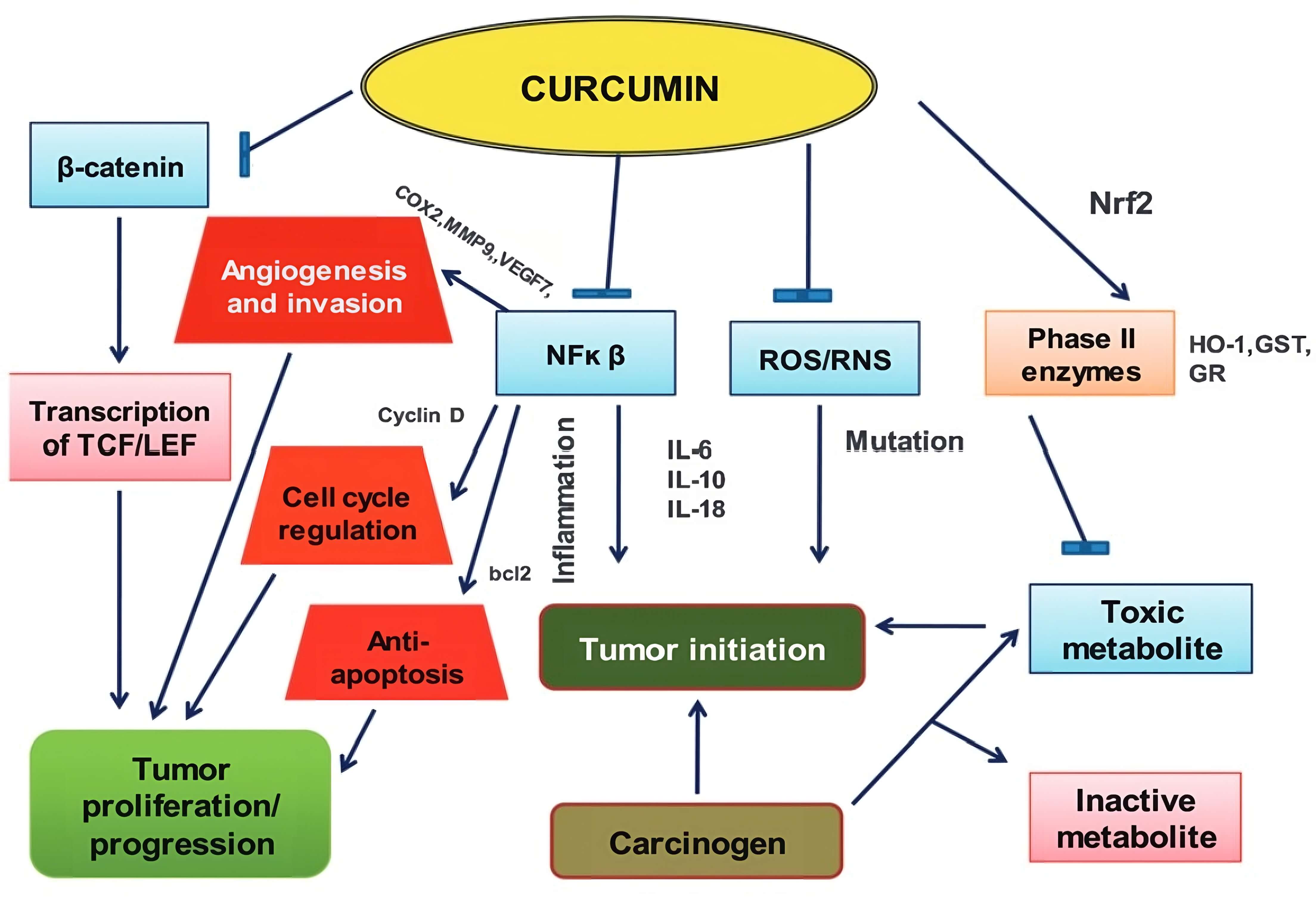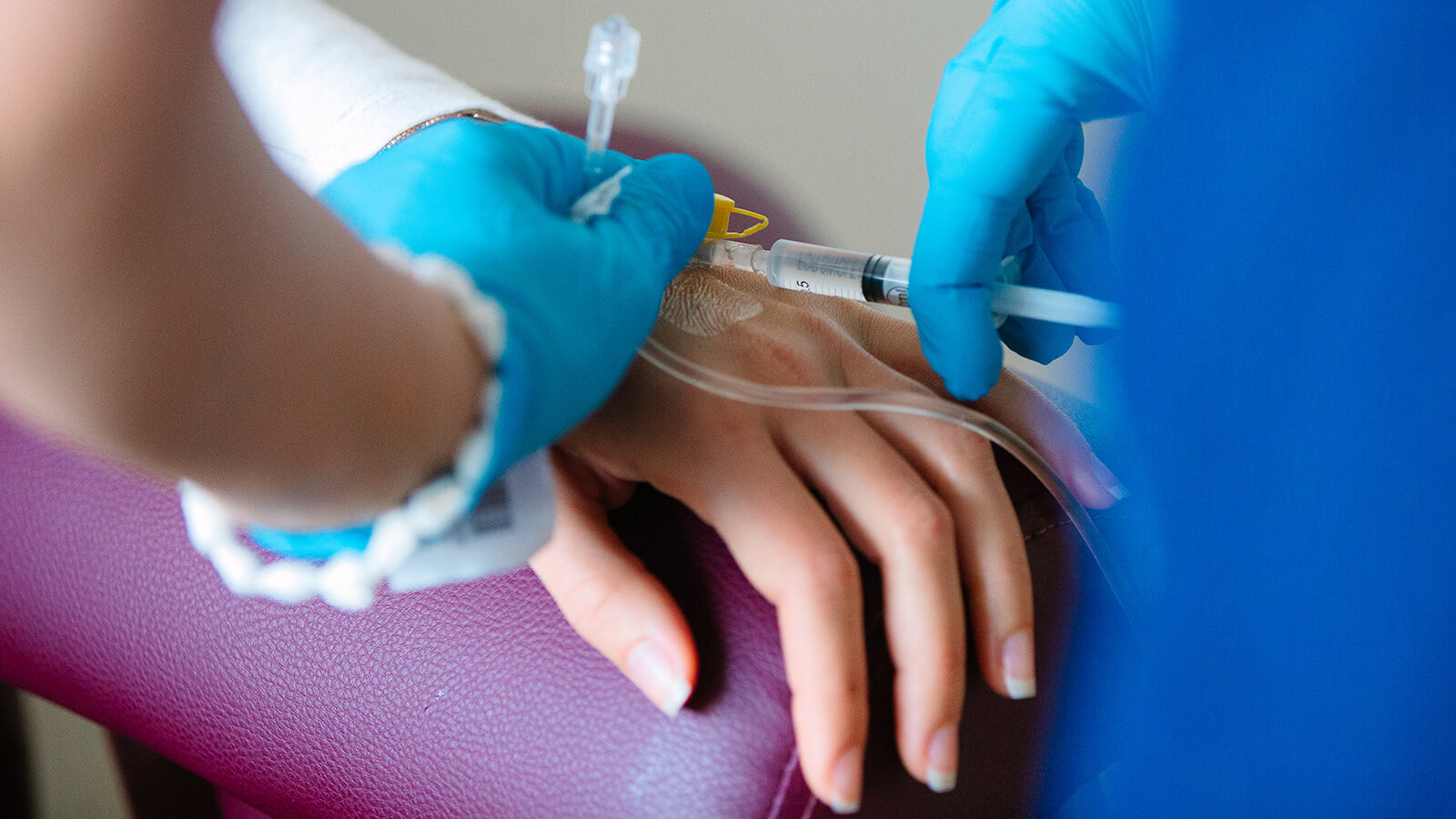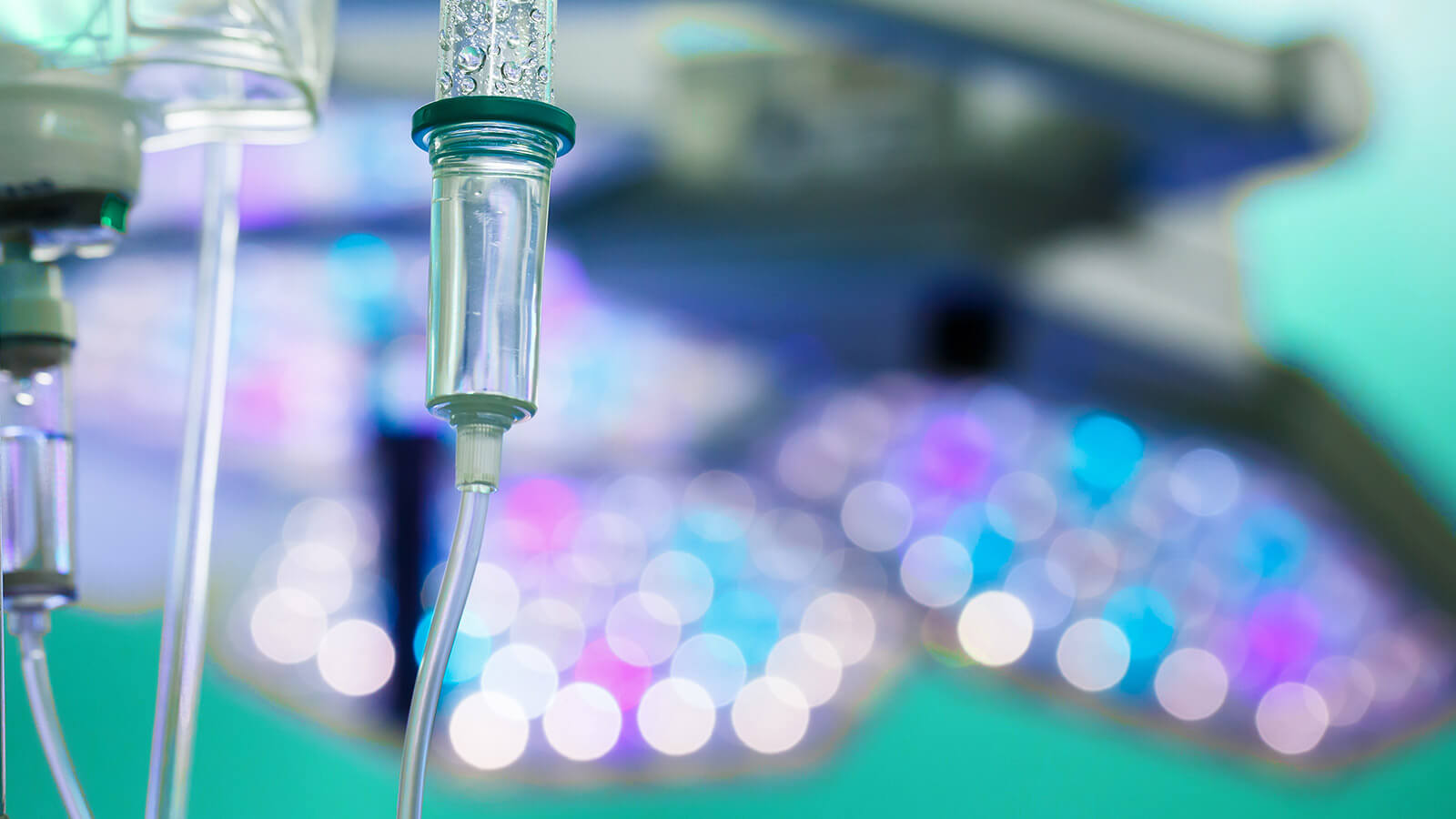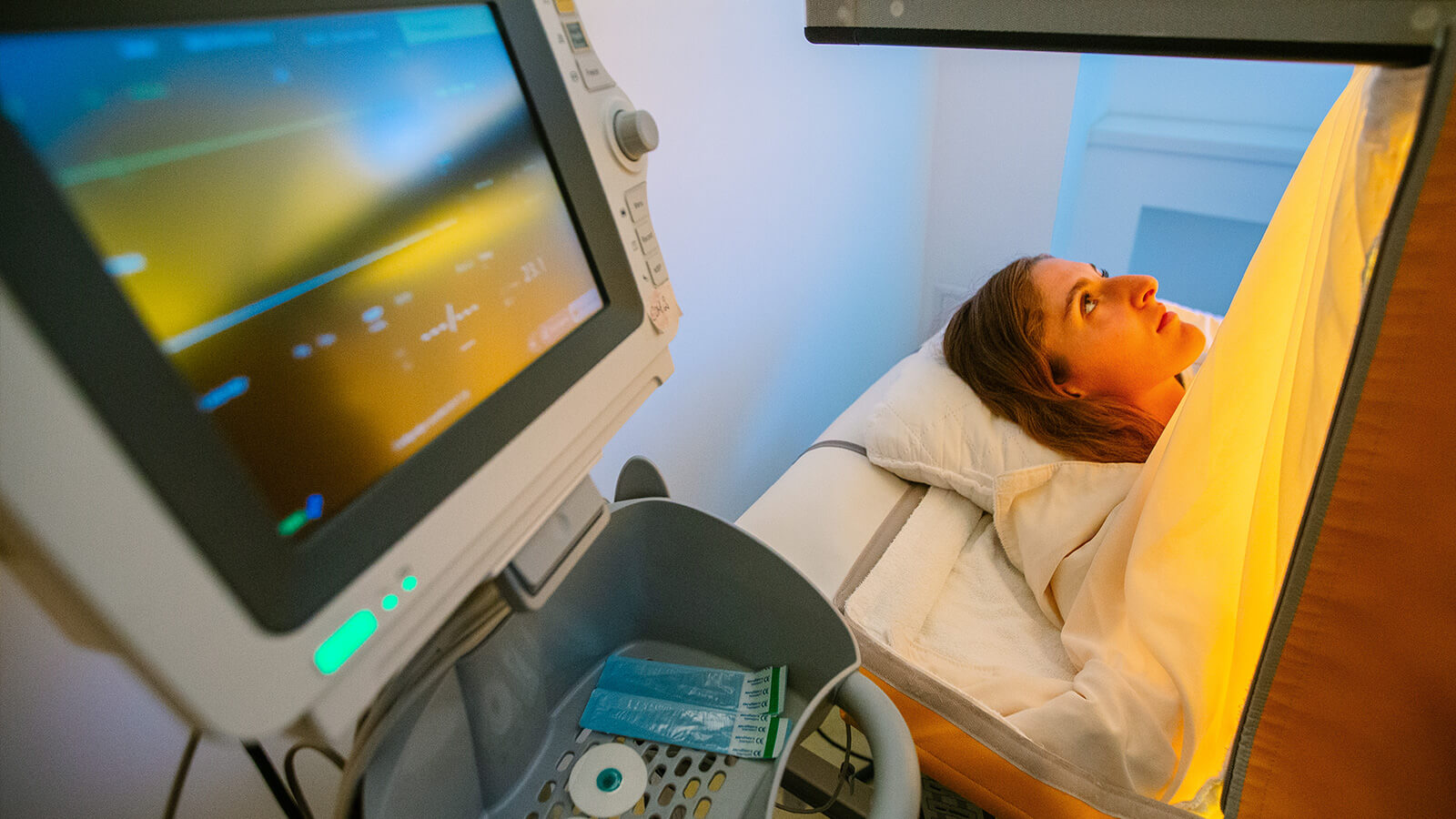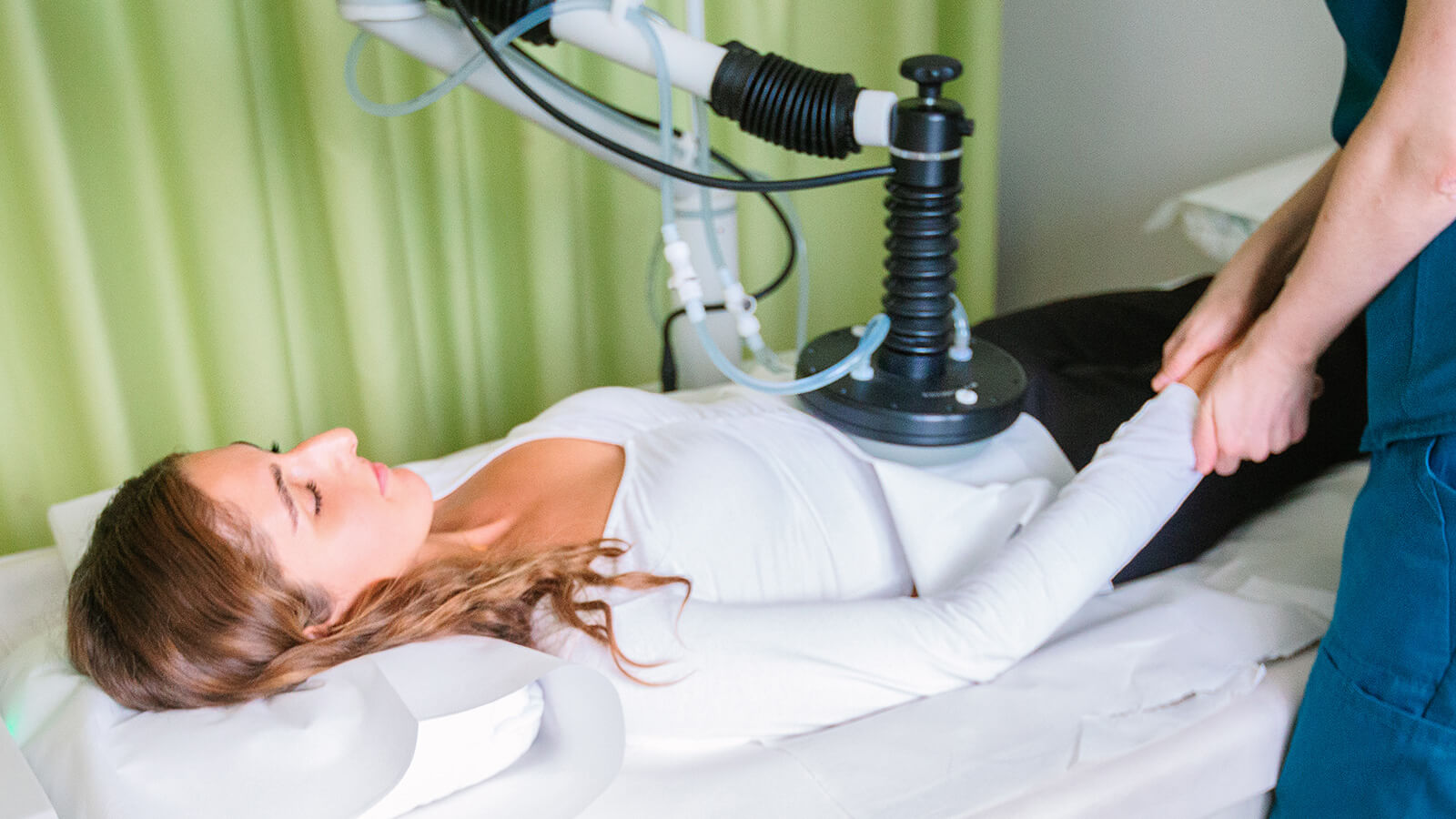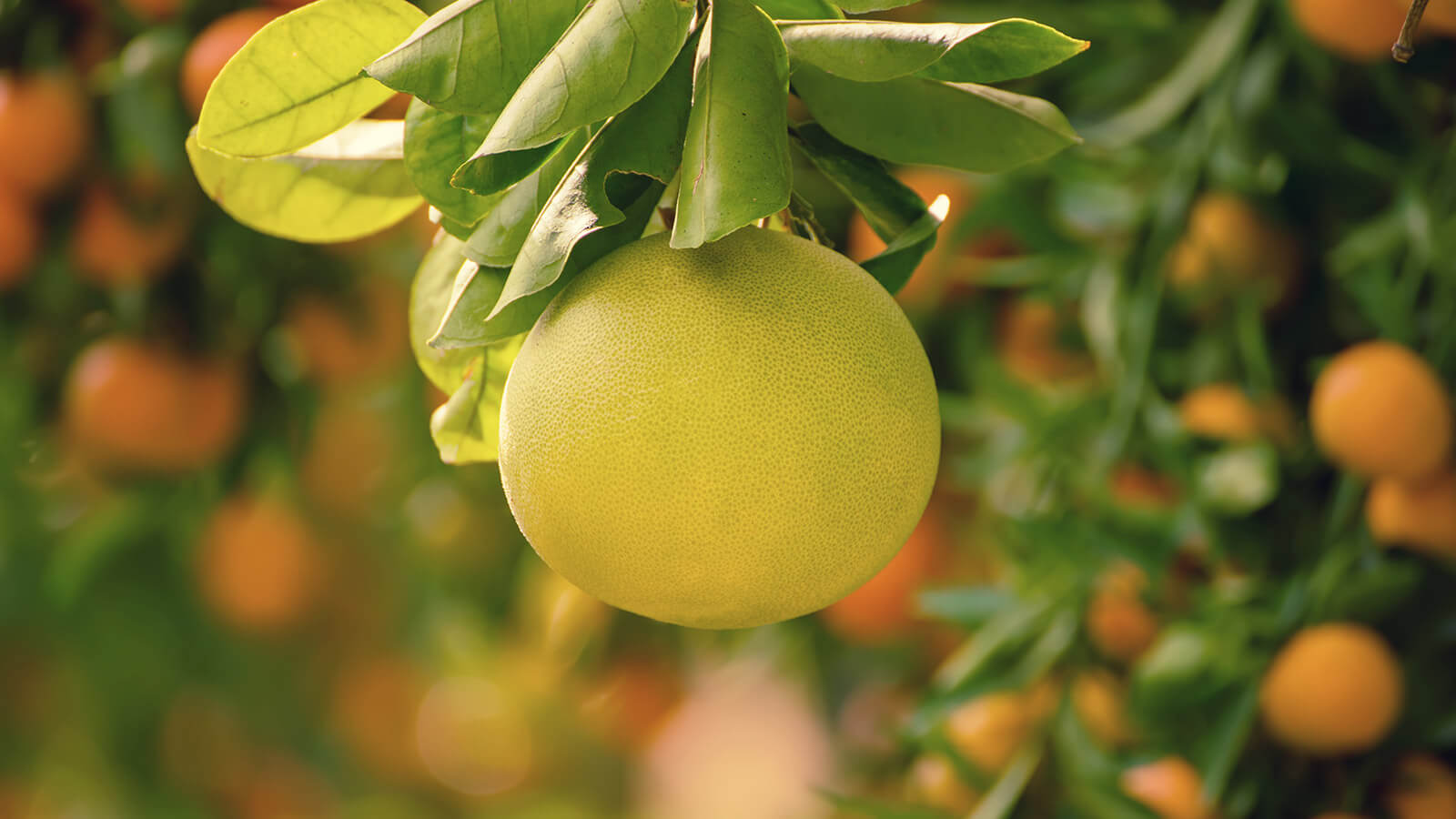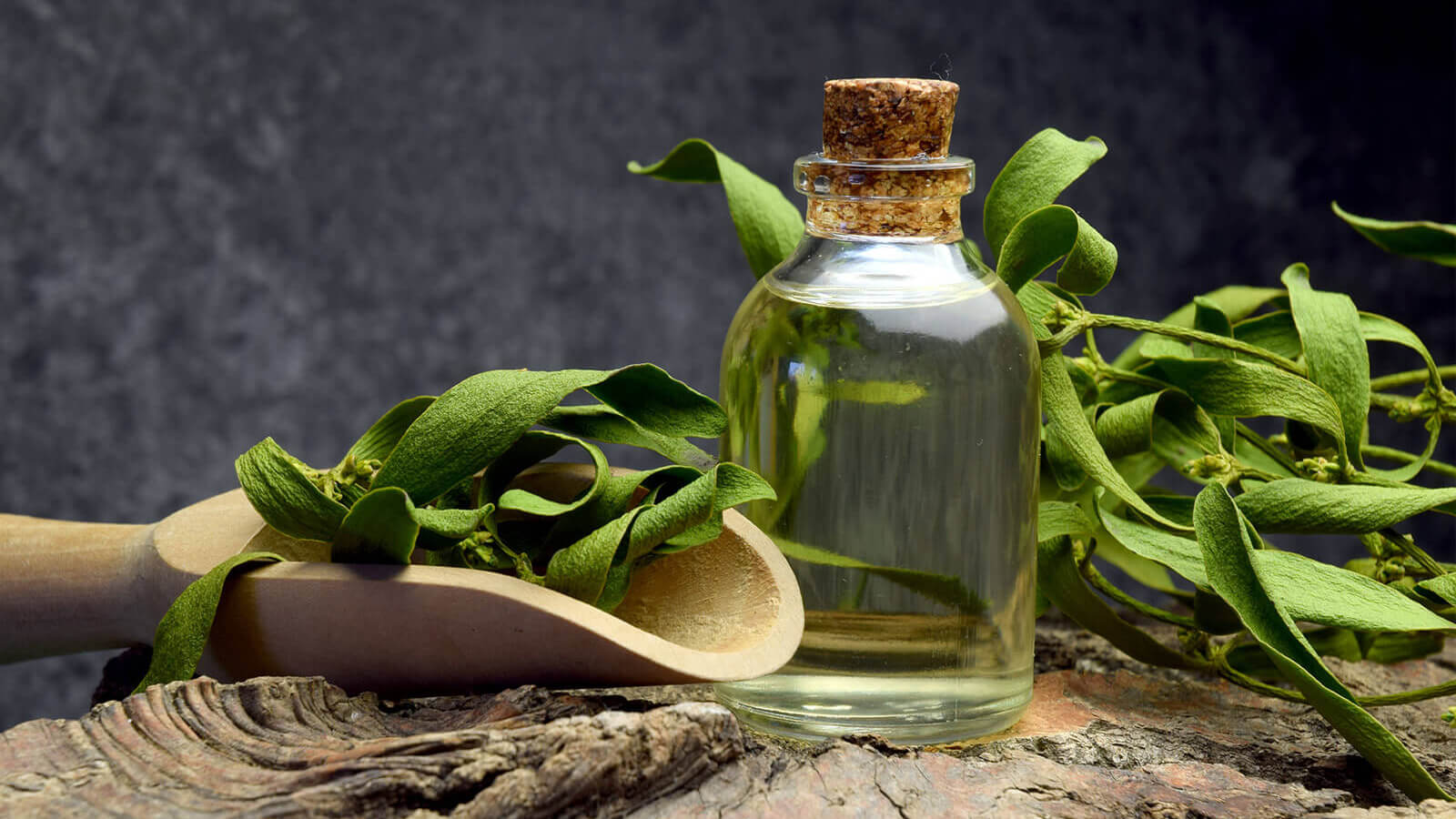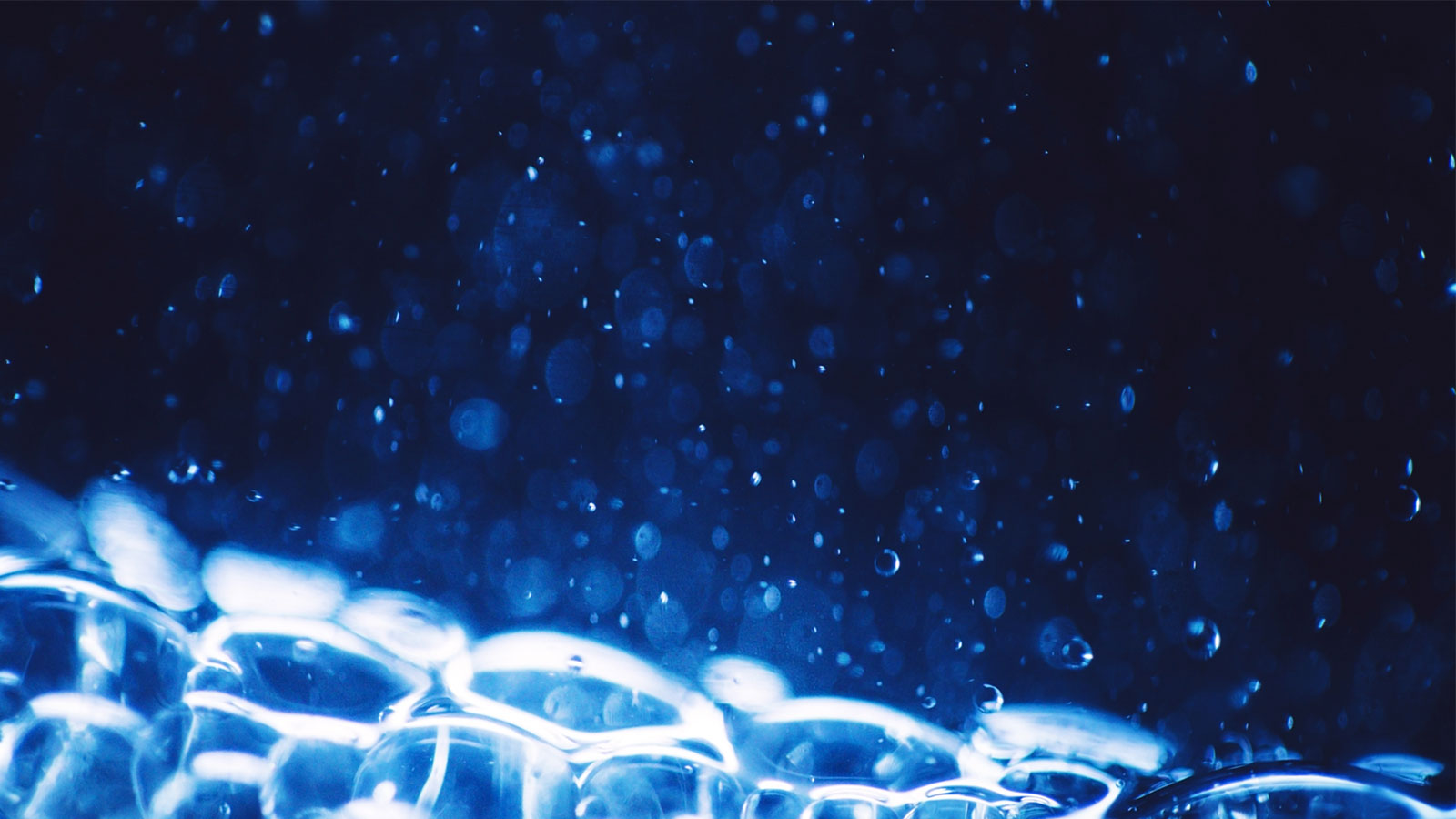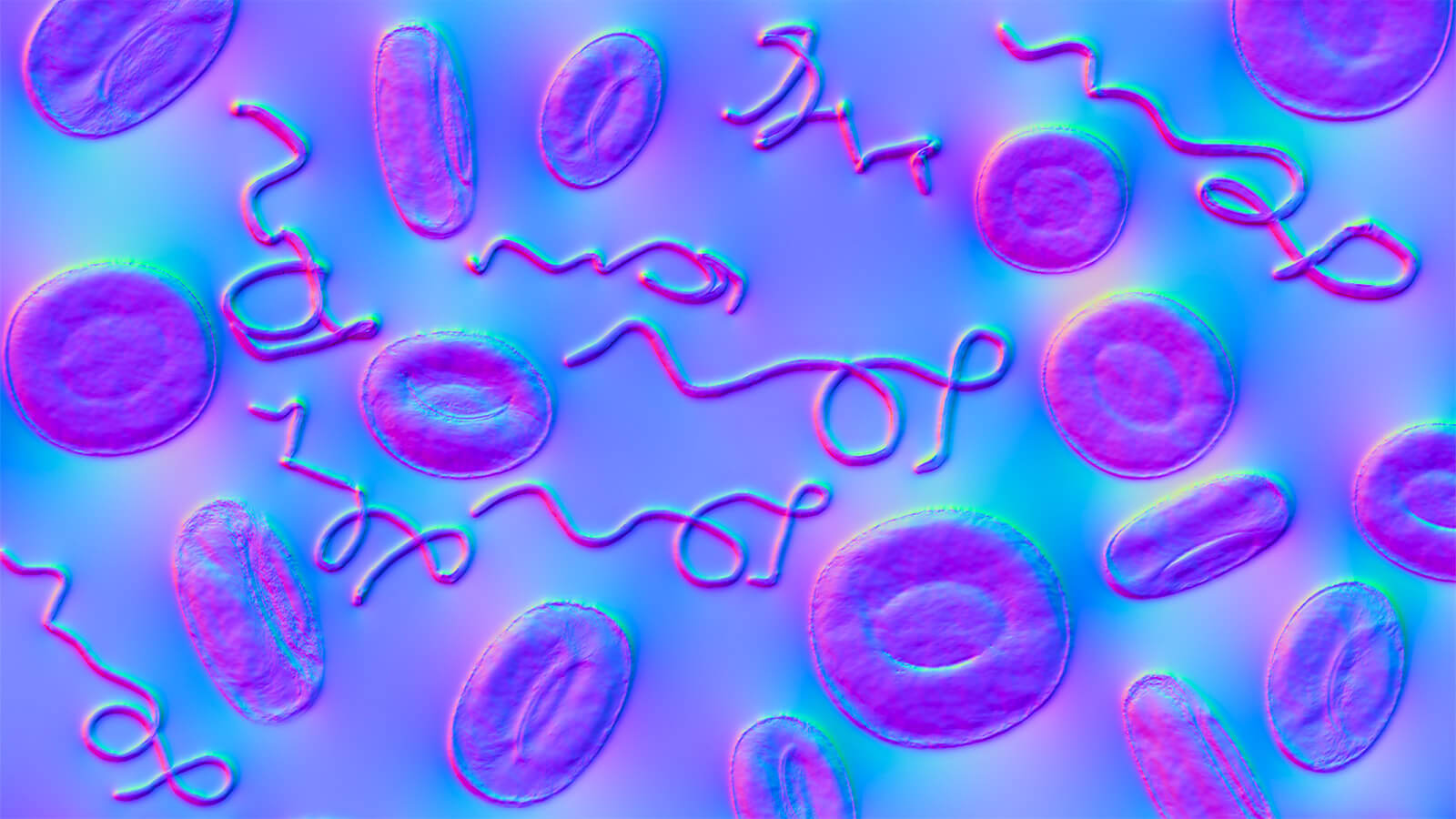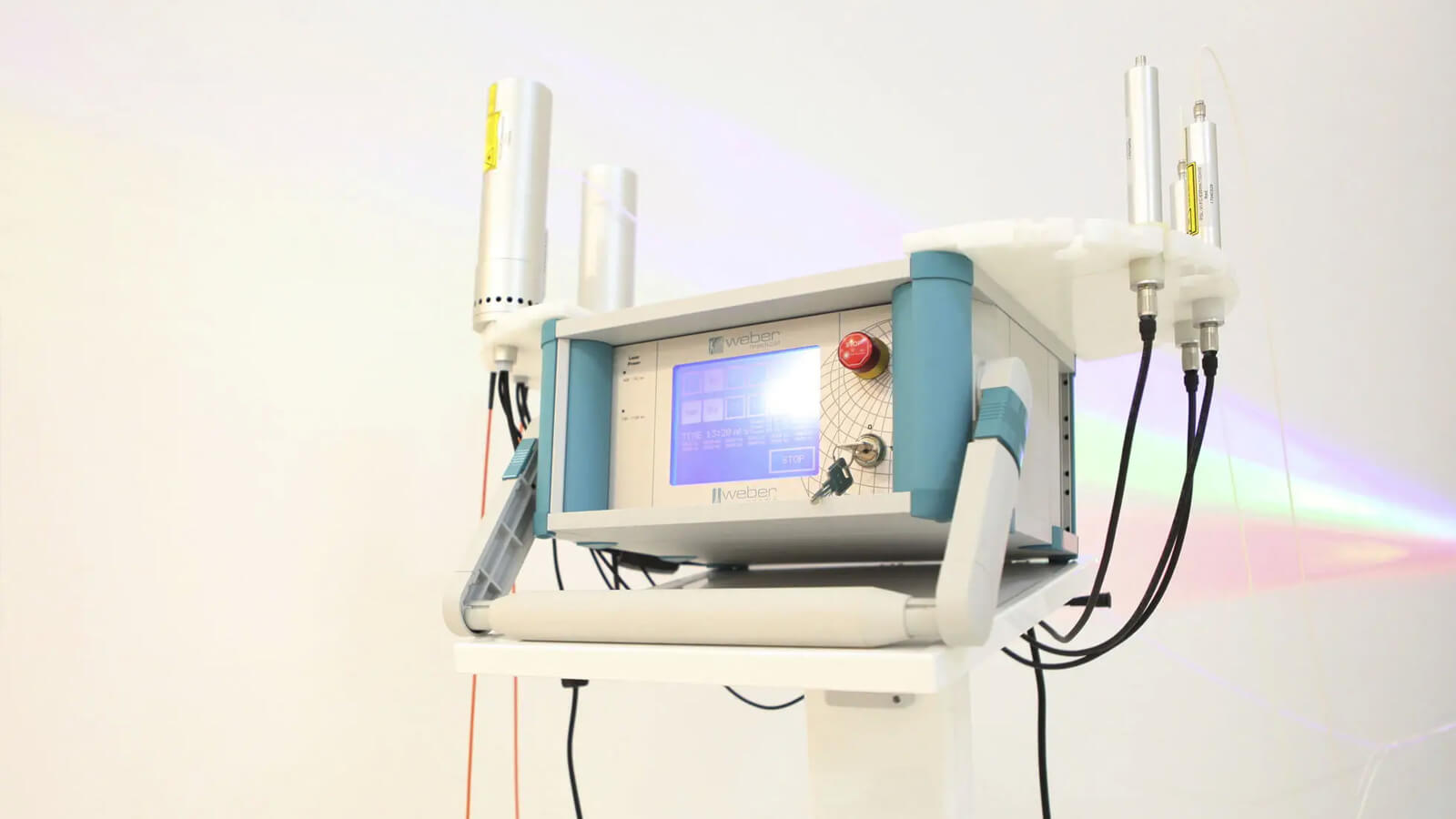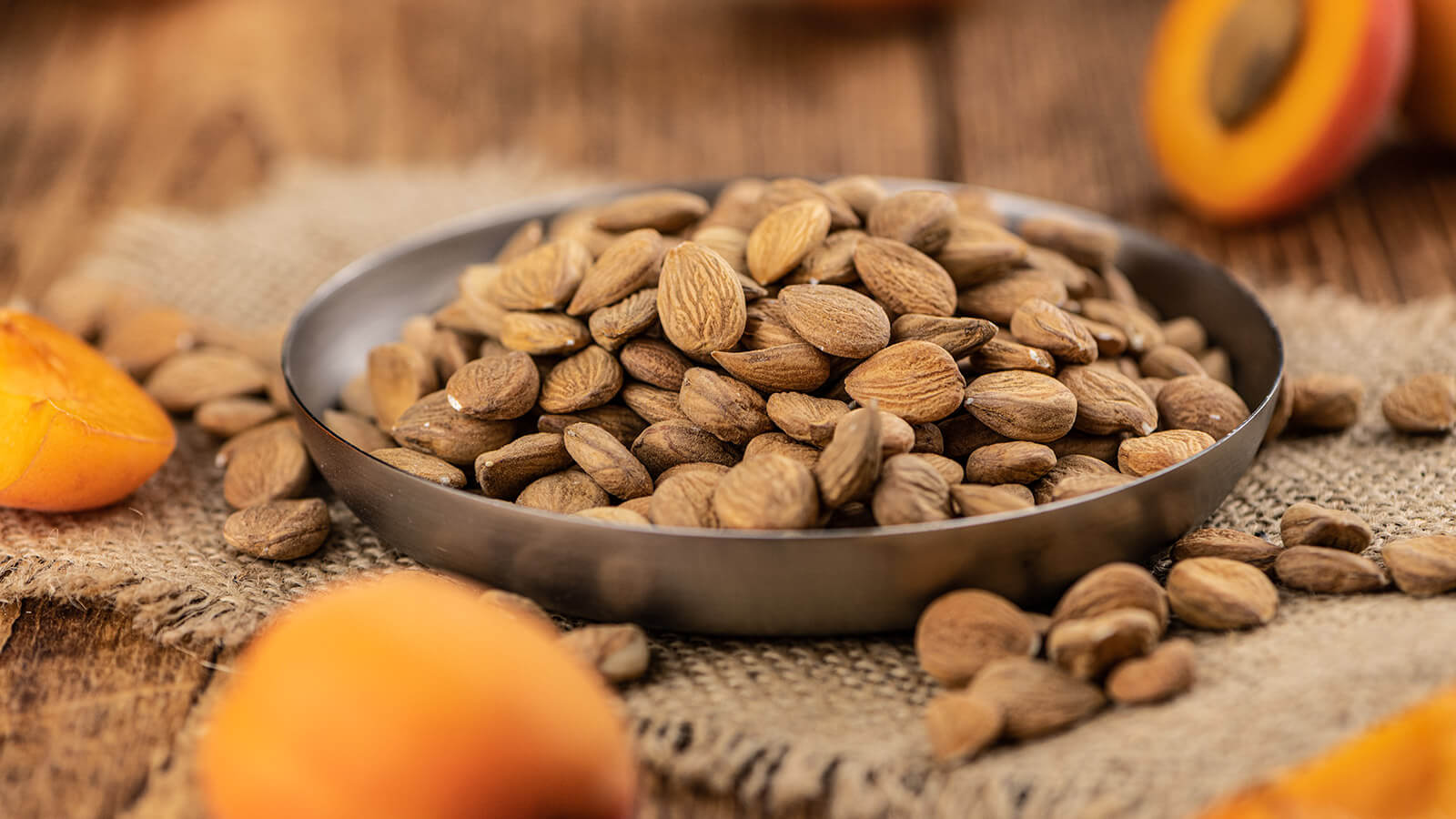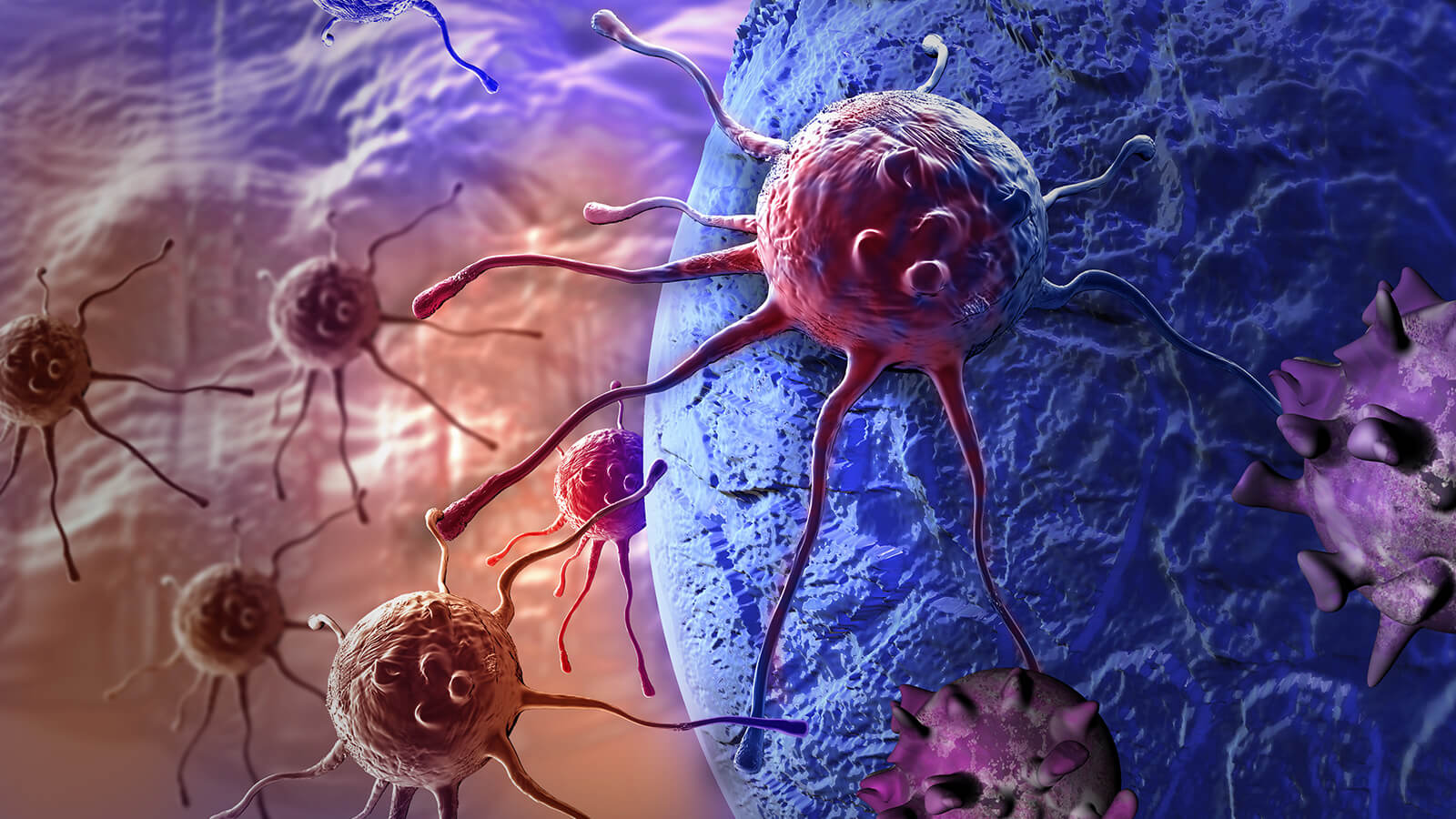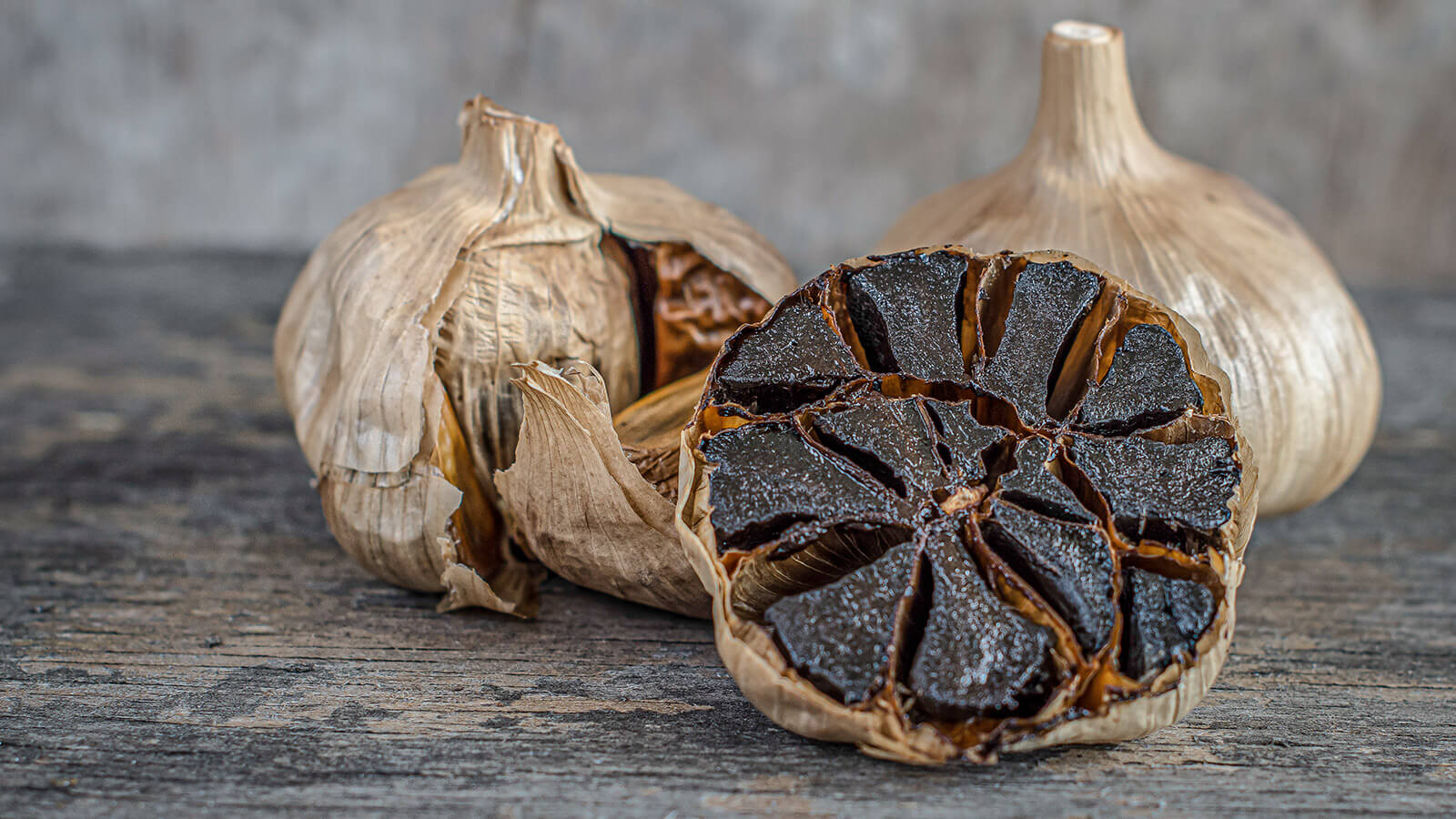
Curcumin, nature's most potent cytostatic agent
Curcumin is currently the most intensively researched anti-cancer agent because it prevents the proliferation, invasion, angiogenesis, and metastasis of several types of cancer. It is the undisputed leader in the regulation of numerous signalling pathways in cancer.
Because of this ability to regulate signalling pathways and molecular targets involved in cancer pathogenesis (growth factors, enzymes, transcription factors, kinases, inflammatory cytokines and proapoptotic and antiapoptotic proteins), curcumin can suppress cancer cell proliferation, invasion, angiogenesis and metastasis in a variety of cancers.
Curcumin suppresses cancer growth, angiogenesis, invasion and metastasis by regulating multiple molecular targets.
Nagaraju, Ganji Purnachandra, et al. "The impact of curcumin on breast cancer." Integrative Biology 4.9 (2012): 996-1007.
In which cancers does it show cytostatic activity?
Curcumin's therapeutic benefits have been demonstrated in over 20 different types of cancer, including breast cancer, haematological cancers (most commonly lymphoma, leukaemia, and multiple myeloma), lung cancer, digestive system cancers (gastric cancer, colorectal cancer, pancreatic cancer, and liver cancer), skin cancer, brain tumors, prostate cancer, and others. Here are just a few examples:
Skin cancer
Curcumin appears to prevent skin cancer, delay tumor onset, and may have chemopreventive potential, according to recent studies. Curcumin was found to stop the growth of skin cancer cells in a study that was published a few years ago in the journal "Cancer”. Curcumin has also been shown to inhibit the viability of cancer cells and trigger their death. The higher the dose, the stronger the cytostatic effect of curcumin.
Leukaemia
Curcumin has anticancer, antioxidant, antidiabetic, anti-inflammatory, immunomodulatory, hepatoprotective, lipid-regulating, antidepressant, and anti-arthritic properties. Curcumin has been shown in numerous cellular and experimental studies to be beneficial in the treatment of leukaemia.
Clinically, administering curcumin to patients with chronic myeloid leukaemia (3.5 g for 6 weeks) had a significant chemosensitizing effect. Patients who received both curcumin and Imatinib had a better prognosis with low NO levels than patients who received only Imatinib. Curcumin treatment significantly slowed tumor growth in xenograft guinea pigs with chronic myeloid leukemia by releasing miR-21-enriched exosomes into plasma, according to a preclinical study.
Lung cancer
Because of its ability to regulate oncogenes (p53, egr-1, c-myc, bcl-XL, etc.), transcription factors (NF-kB, STAT-3, and AP-1), protein kinases (MAPK), and enzymes (COX and LOX), curcumin may be an effective adjuvant in the treatment of solid organ tumors. Lung cancer is the most common type of cancer in the world and the leading cause of cancer deaths.
Curcumin has shown antitumor effects in lung cancer, and its lack of systemic toxicity and broad mechanism of action make it ideal as adjuvant therapy for lung cancer resistant to currently available therapies.
Breast cancer
Curcumin shows potent inhibitory effects in breast cancer, the most common type of cancer among women worldwide, and sensitizes cell lines to anti-cancer drugs. Furthermore, it can induce apoptosis in cancer cell lines regardless of hormone receptor expression. Curcumin inhibits breast cancer stem cell proliferation, which is a key factor influencing cancer recurrence. Inhibiting breast cancer stem cell proliferation suppresses metastasis and reattachment, ultimately decreasing tumor formation. Curcumin is thus a potent anticancer agent in breast cancer, and its concurrent use with other cancer therapies seems promising.
Prostate cancer
In prostate cancer, curcumin can inhibit the viability, proliferation, survival, migration/invasion, and adhesion of various human cells. Curcumin inhibited both androgen-sensitive and androgen-insensitive prostate cancer cells by targeting a variety of signalling cascades responsible for cell function. Curcumin's antiproliferative, antisurvival, and antimigratory effects in prostate cancer may be attributed to suppression of the Akt/mTOR and Ras/MAPK signalling pathways, decreased NF-kB activation, increased cleavage of proapoptotic caspases and PARP, and inhibition of members of the Bcl-2 anti-apoptotic protein family. Curcumin may also cause cell cycle arrest and boost autophagy in prostate cancer cell lines.
Gastric cancer
Curcumin has been shown to be effective against gastric cancer angiogenesis, proliferation, aggression, dissemination, spread, and apoptosis. This compound's antitumor properties are primarily attributed to the inhibition of signalling transductions. Curcumin also inhibits the growth of Helicobacter pylori bacterium. It is widely acknowledged that employing a multimodal approach to treat gastric cancer can significantly increase clinical status and survival rates.
Curcumin protects against the side effects of chemotherapy

Curcumin has also been shown to provide protection against the adverse effects of cytostatics and radiotherapy. When used in conjunction with cytostatics, curcumin has been shown to have significant nephroprotective, cardioprotective, neuroprotective, and hepatoprotective effects. It also combats cutaneous side effects as well as the negative consequences of reproductive toxicity, myelosuppression, genotoxicity, and enterotoxicity, with no notable adverse effects observed with curcumin treatment, other than digestive symptoms in the case of oral administration.
The question remains whether curcumin will diminish the cytotoxic effect of chemotherapy, reducing its anti-cancer effect. To that end, studies have shown that taking curcumin before, after, or at the same time as cytostatics improves their effectiveness.
Curcumin has a strong synergistic effect with the majority of cytostatics
Thus, studies show that combining cisplatin, doxycycline, gemcitabine, and 5-fluorouracil with curcumin significantly increases the cytotoxic effects of these cytostatics. Extensive research has also been carried out on the synergy of curcumin with paclitaxel and docetaxel, as well as irinotecan, oxaliplatin, and carboplatin.
Curcumin Infusions
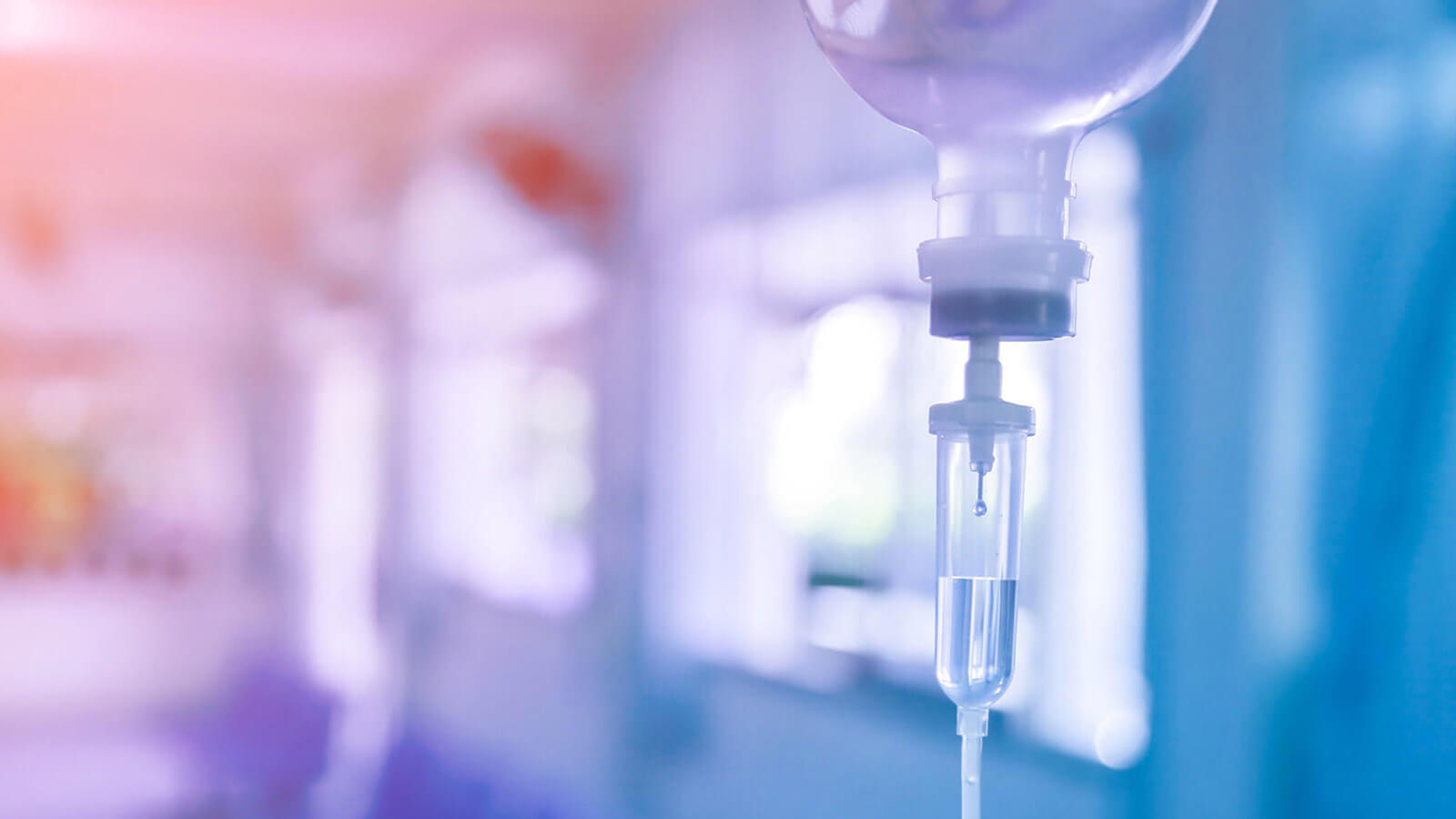
The biggest challenge remains curcumin's low bioavailability, which necessitates oral administration of a large amount of the compound—around 8 grams daily—to reach specific serum levels. For some people, this is challenging or even impossible, especially given that curcumin predisposes one to certain digestive symptoms. In our clinic, we address this by administering curcumin intravenously, which results in hundreds of times greater absorption than oral administration, allowing us to achieve plasma levels of curcumin that are toxic to tumor cells even when used as monotherapy.
Curcumin continues to be the natural substance with the greatest potential for use in the treatment of cancer, either in combination with other treatments or as a monotherapy. It is also useful in the prevention of cancer due to the multiple targets on which it acts, regulating various molecular signalling pathways that lead to the onset, progression and metastasis of cancer.
The therapeutic solutions we provide
Comprise a wide range of conventional, adjuvant and supportive therapies, which integrate medical concepts that have been built on a sturdy scientific basis and on the clinical experience of numerous cancer specialists worldwide.
ImunoMedica patients have access to the latest diagnostic tools, technologies and innovations as well as to the latest and best treatments available, as soon as these are proven to be safe and effective.
How can you become a patient of our clinic?
Throughout the whole process, from your initial contact, through treatment and after you leave our clinic, our patient coordinators will guide you through the steps and support you with all their expertise, attention and kindness.
*
We are here to help you
Our patient coordinator will contact you soon
Phone: +40.771.518.946, e-mail: office@imuno-medica.ro

